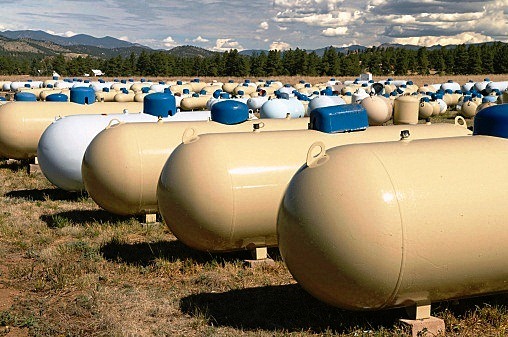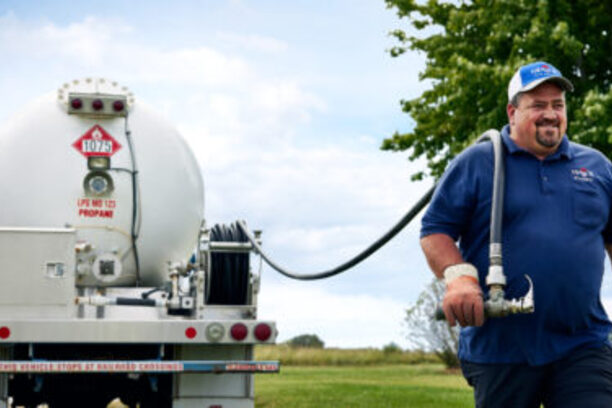Mastering the Minutes: Why Time Management Is a Secret Weapon
For a business owner, time is a precious commodity. You juggle an endless array of tasks – managing finances, overseeing operations, strategizing for growth – and the clock never seems to stop ticking. But amidst the daily whirlwind, effective time management can actually serve as your secret weapon, boosting productivity, reducing stress, and ultimately propelling… Continue reading Mastering the Minutes: Why Time Management Is a Secret Weapon






